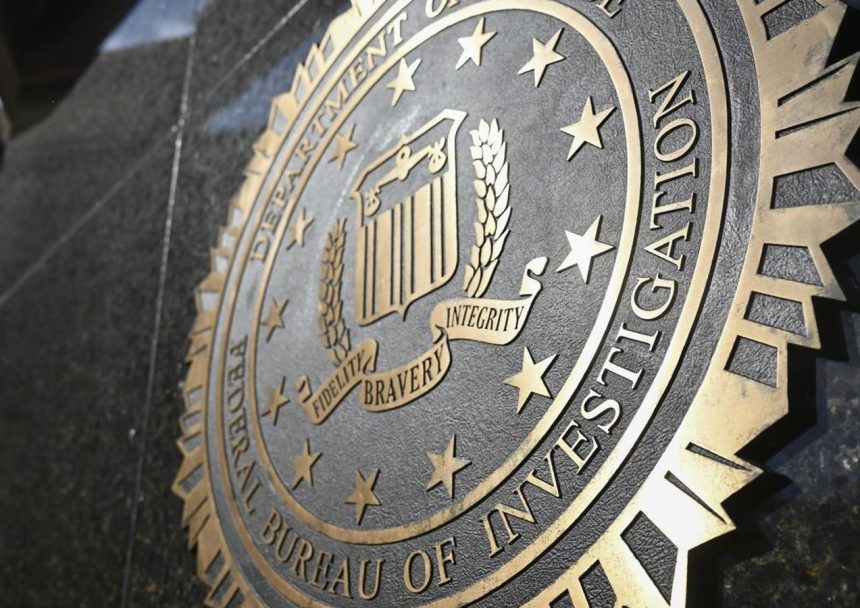The FBI’s recent warning about the vulnerability of SMS and RCS messaging has highlighted a crucial debate surrounding encryption and law enforcement access. While encouraging the use of encrypted platforms like WhatsApp, Signal, and Facebook Messenger, the FBI simultaneously called for a shift towards “responsibly managed” encryption, allowing tech companies to provide content to law enforcement under a lawful court order. This seemingly contradictory stance has sparked controversy and reignited a long-standing debate between privacy advocates and law enforcement agencies.
The backdrop to this renewed debate is the ongoing cyberattacks attributed to China’s Salt Typhoon hackers. These attacks, targeting U.S. telco networks, have exposed vulnerabilities in traditional messaging systems and underscored the need for stronger security measures. While encryption is touted as the solution, the FBI’s specific call for “responsibly managed” encryption signifies a desire for a balance between user privacy and law enforcement access. This concept, however, has met resistance from privacy advocates who argue that any form of backdoor access compromises the integrity of end-to-end encryption.
The core issue revolves around the ability of law enforcement to access encrypted data when investigating criminal activities. While acknowledging the importance of user privacy, the FBI argues that warrant-proof encryption creates an “unfettered space” where criminals can operate with impunity. FBI Director Christopher Wray has emphasized the need to find a balance between safe data and safe communities, asserting that the public shouldn’t have to choose between the two. This sentiment reflects law enforcement’s growing frustration with the challenges of obtaining digital evidence in an increasingly encrypted world.
However, tech giants like Apple, Google, and Meta, who control the dominant encrypted messaging platforms, maintain a firm stance on user privacy, emphasizing their inability to access user content due to end-to-end encryption. They argue that any form of backdoor access, even if intended for lawful purposes, could be exploited by malicious actors and undermine the security of their platforms. This creates a dilemma between safeguarding user privacy and enabling law enforcement to effectively investigate crime.
The debate surrounding “responsibly managed” encryption essentially boils down to a fundamental question: can encryption truly be considered “end-to-end” if a third party, even a trusted tech company, holds the keys to unlock the data? Privacy advocates argue that any form of access, regardless of how well-intentioned, creates a vulnerability that can be exploited. They maintain that true end-to-end encryption means that only the sender and recipient have access to the content, with no possibility of interception or decryption by any other party.
Looking ahead, the clash between privacy and security seems destined to continue. Public opinion remains a crucial factor in shaping the future of encryption policies. While users demand secure and private communication, law enforcement agencies continue to push for access to encrypted data for investigative purposes. Finding a workable compromise that satisfies both sides remains a significant challenge. The tech industry’s willingness to resist changes to end-to-end encryption, even in the face of government pressure, further complicates the issue. The debate is far from resolved, and its outcome will have profound implications for the future of digital privacy and security.



